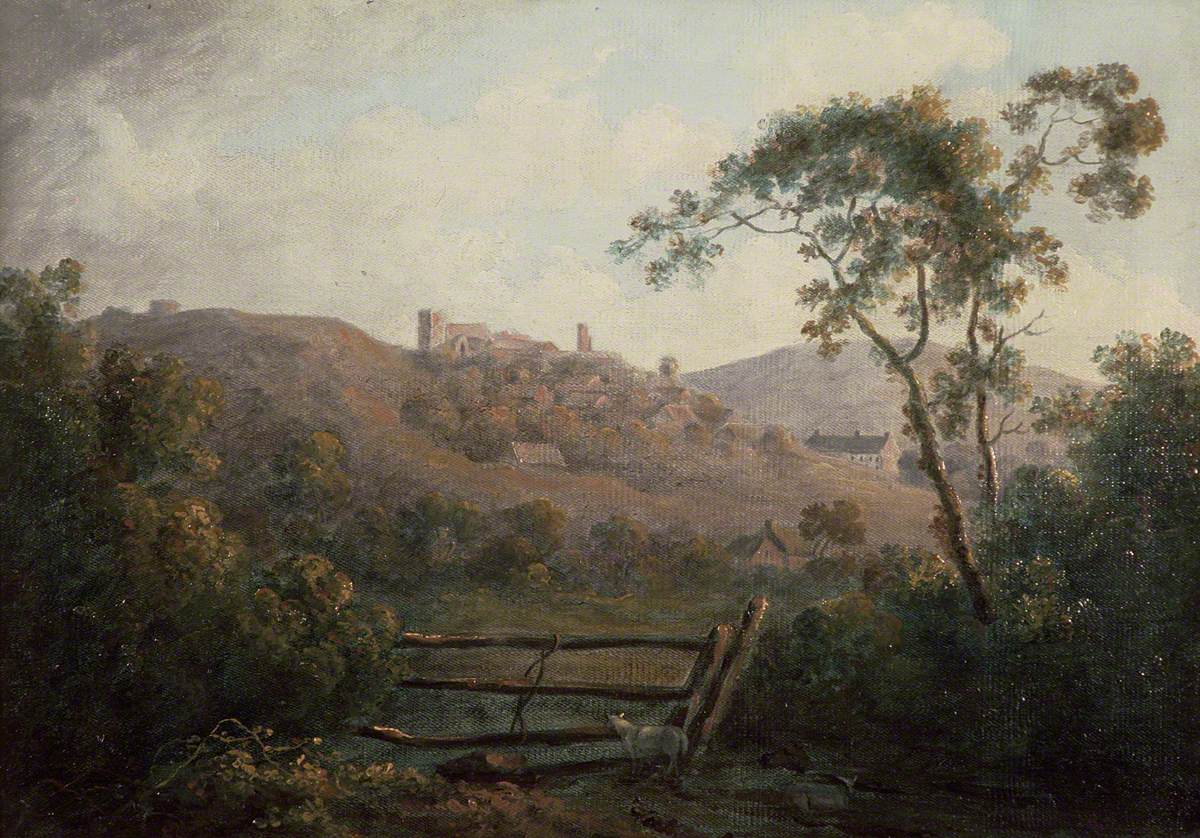
The administration of the Ancient Borough of Llantrisant was called into question in 1767.
William Meirick was made Portreeve and he explained that “Whereas several persons have been presented by former juries in the Leet of the Borough as Burgesses of this Borough who are neither freemen’s sons or married to freemen’s daughters or served an apprenticeship within the borough or paying any sums to the use of the Borough for the same to the great prejudice and injury of the borough…that it may be at all times hereafter an established rule and By Law that no person who is not entitled shall hereafter by presented unless he shall pay to the Portreeve 13s 4d likewise 3s 4d to the Town Clerk….”
Rev Rickards’ death in 1813 was followed by the accession of a second marquess in 1814 and a strong effort by him to dislodge the Wood family from the power base of controlling Cardiff borough.
The Bute agent to push this policy was Edward Priest Richards and he realised that anyone with political aspirations in Glamorgan couldn’t afford to ignore Llantrisant because of its large amount of voting burgesses.
The trouble began when Richard Fowler Rickards, the unpopular son of Rev Rickards took the office of Constable of the Castle and stopped all Court Leets from 1814 to 1817 whose freemen said “hath infringed upon…the privileges of the said Freemen by refusing for a long space to time to swear in Burgesses, eligible men duly presented by the Jury at the Court Leet.”
Rickards was arrogant and hugely unpopular. He didn’t want William Vaughan of Lanelay to become a burgess and pack the court with anti-Bute factions, fearing he would become the dominant political force in Glamorgan.
The jury raised the amount of admission and put tax on the elective franchise and oppressed families entitled to the right to become Freemen. What Meyriuck had promised in 1767 was gone and the fees were increased.
This caused major discontent. The Bute estate was willing to pay the fees for those who would reliably vote for Lord Bute. Mr Vaughan however was also willing to pay fees of anyone prepared to vote against Bute.
At the Court Leet of December 1817 there was hostility, with so many presented for admission with Vaughan paying admission fees. Most were entitled to the freedom but Vaughan himself and a farmer of Rhiwfelen called David Thomas were not and they were rejected. Some of the Vaughan’s tenant farmers were infuriated while E P Richards wrote “I am glad that Vaughan was rejected”.
Vaughan and Thomas were later sworn in following counsel’s advice but the damage was done.
A year later the Vaughan faction had the support of 4 of the 12 aldermen and 121 burgesses out of 219. They petitioned Lord James Stuart: “Most humbly entreat your lordship will take into his consideration the appointing of a proper person to fill the office of Town Clerk for this borough, the same being now vacant, on the resignation of our Town Clerk who has accepted that of Constable of the Castle. We also recommend to your lordships notice William Vaughan, a burgess who, in our humble opinion possesses every essential requisite especially as he is conversant in the Welsh language which is absolutely necessary here to fulfil the above office.”
The Court Leet of 12 December 1818 was violently interrupted and the proceedings were abandoned as tempers were rising.






